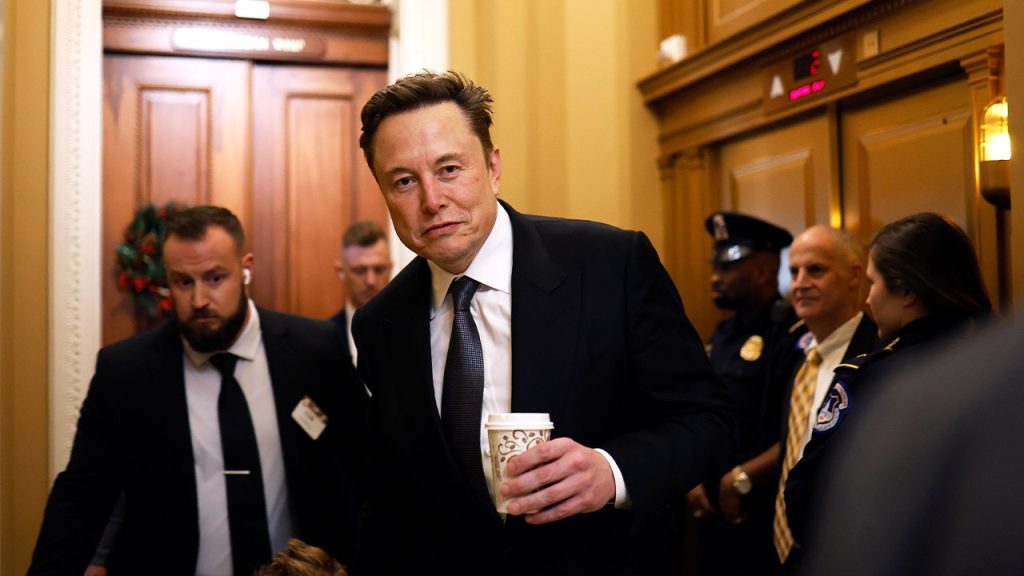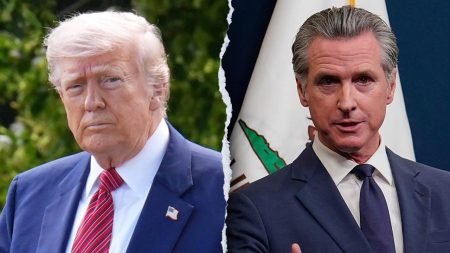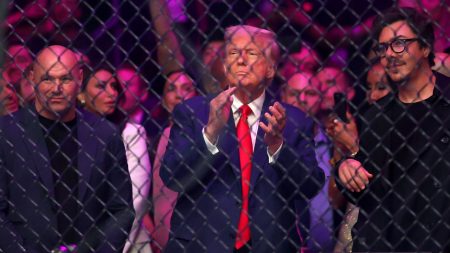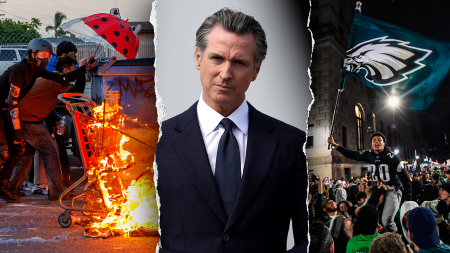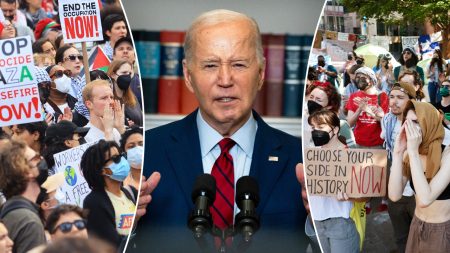The controversy surrounding Elon Musk’s endorsement of the Alternative for Germany (AfD) party unfolded just weeks before Germany’s snap parliamentary elections, raising concerns about potential interference in the democratic process. Musk, the founder of Tesla, publicly championed the AfD as the best choice for Germany’s economic future, praising their approach to regulations and taxes. This endorsement, amplified through his social media platform X and a subsequent op-ed in the German newspaper Welt am Sonntag, ignited a firestorm of criticism from German government officials, U.S. lawmakers, and the public alike. The timing of Musk’s intervention, so close to the elections, led many to believe he was attempting to sway public opinion and influence the outcome, a charge he has not directly addressed.
German government spokesperson Christiane Hoffmann acknowledged Musk’s right to express his views but labeled his endorsement of the AfD as “a recommendation to vote for a party… being monitored [by domestic intelligence] on suspicion of being right-wing extremist.” This concern stemmed from the AfD’s classification by German authorities, with its youth wing being designated a “confirmed extremist” group. Hoffmann emphasized that freedom of speech extends to even the most nonsensical opinions, implicitly criticizing the content of Musk’s endorsement. Other German officials, including Health Minister Karl Lauterbach, echoed this sentiment, characterizing Musk’s actions as “undignified and highly problematic.” The consensus among mainstream German political parties is a refusal to collaborate with the AfD, further isolating the party within the political landscape.
Musk’s defense of the AfD centered on portraying them as a fiscally responsible alternative to the established parties. He dismissed accusations of right-wing extremism, citing AfD co-chair Alice Weidel’s same-sex partner from Sri Lanka as evidence against such claims, a line of reasoning that drew widespread criticism for its simplistic and misleading nature. He depicted the AfD as the “last spark of hope” for Germany, capable of revitalizing the economy, preserving cultural integrity, and fostering technological innovation. He argued that traditional German parties, including the ruling SPD, had failed to address these crucial issues, leading to economic stagnation, social unrest, and a decline in national identity.
This narrative, presented in Musk’s op-ed, resonated with a segment of the German population frustrated with the status quo, but it also sparked outrage among those who viewed the AfD as a dangerous far-right entity with extremist tendencies. The publication of the op-ed in Welt am Sonntag, a center-right newspaper, further fueled the controversy. The decision to provide a platform for Musk’s views was heavily criticized, leading to the resignation of the newspaper’s opinion editor, Eva Marie Kogel. This incident highlighted the deep divisions within German society regarding the AfD and the acceptability of engaging with their ideology.
The AfD, while rejecting the extremist label, has a history of controversial statements and positions that have drawn scrutiny. This history, combined with the ongoing surveillance by domestic intelligence agencies, has made them a pariah for mainstream German politics. Musk’s endorsement, therefore, appears at odds with the prevailing political climate and raises questions about his understanding of the German political landscape and the historical context surrounding right-wing movements. The controversy also underscores the complexities of free speech, particularly when influential figures weigh in on sensitive political matters in foreign countries, potentially impacting democratic processes.
The incident involving Elon Musk’s endorsement of the AfD has ignited a debate in Germany about the role of foreign actors in domestic politics, the boundaries of free speech, and the dangers of normalizing right-wing extremism. The timing of his intervention, just weeks before a crucial election, raised serious concerns about his intentions and the potential impact on the democratic process. The backlash from German officials, U.S. lawmakers, and the public demonstrates the sensitivity surrounding this issue and the widespread rejection of the AfD’s ideology by the mainstream political establishment. The controversy also serves as a cautionary tale about the power of social media and the responsibility that comes with it, especially for individuals with a large and influential following.




